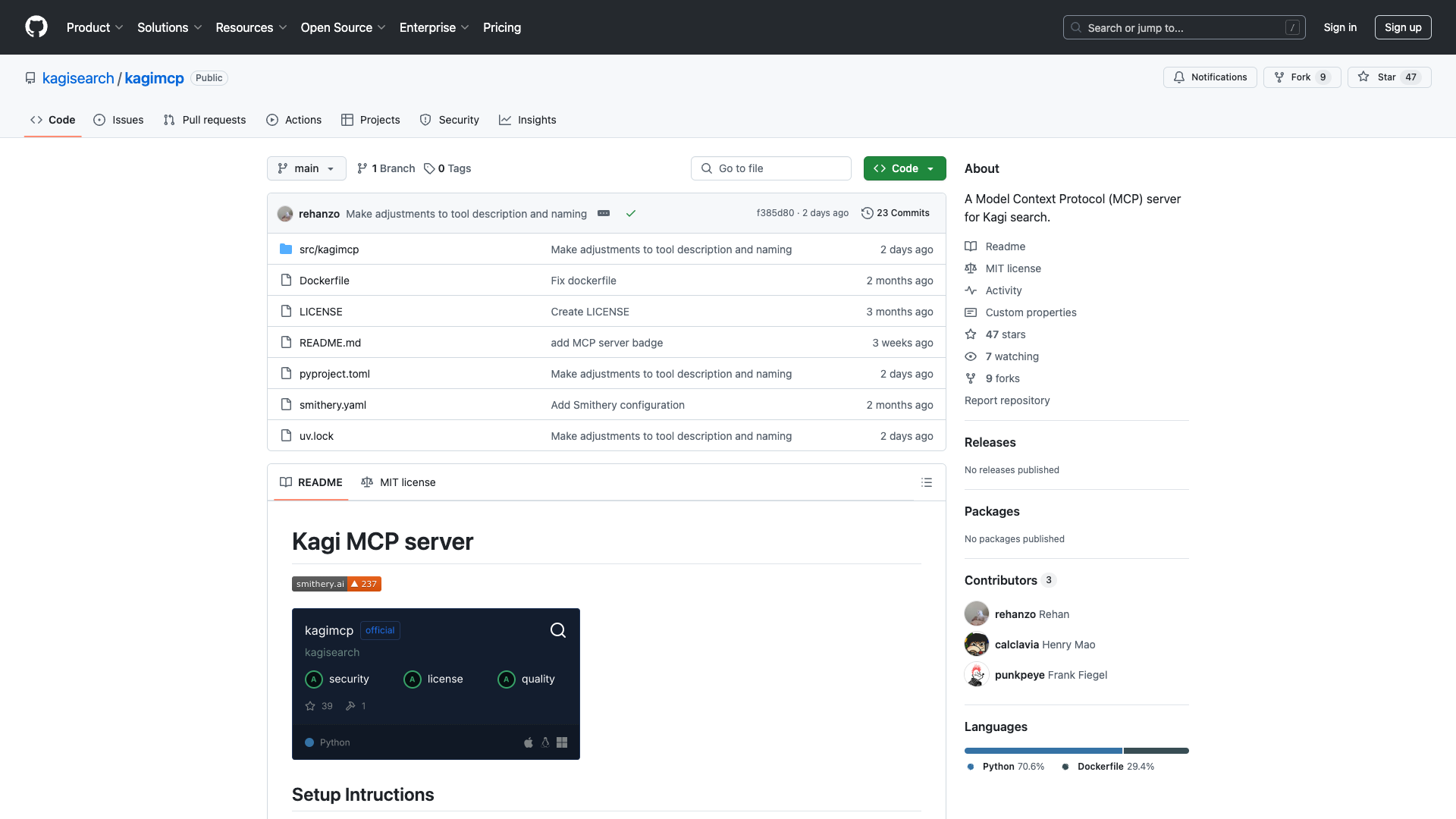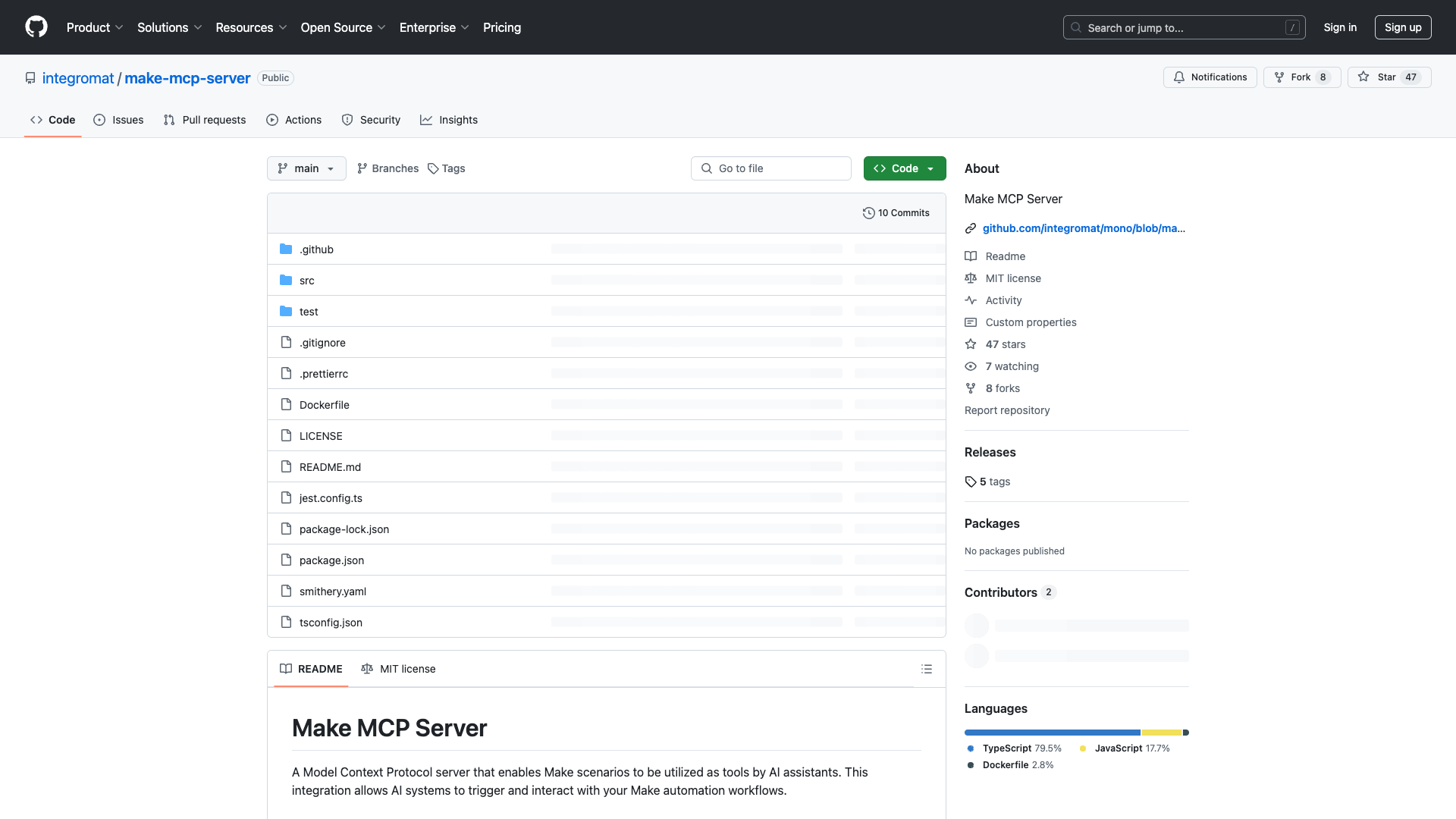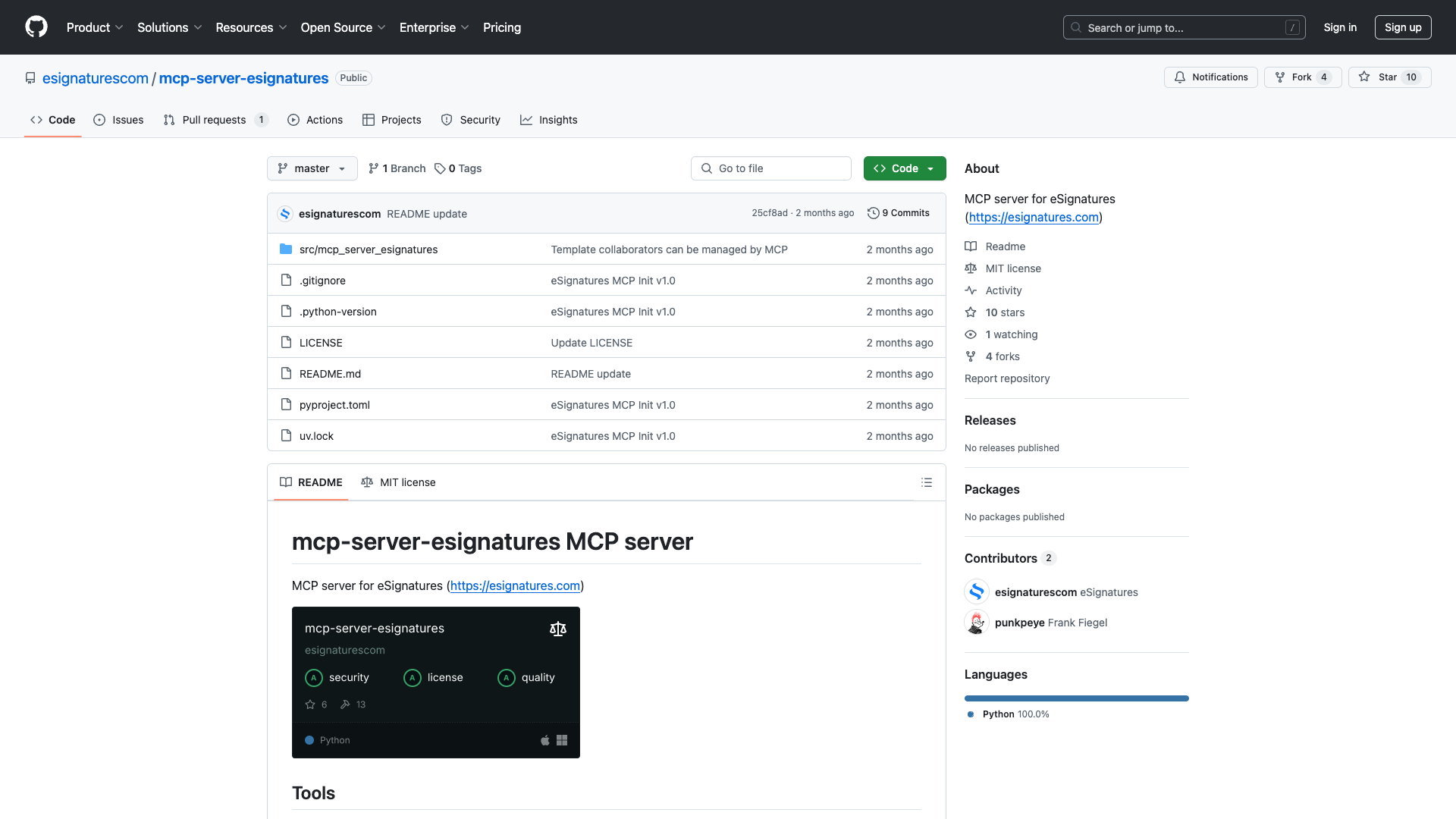Opik MCP Server Review
by Comet MLThe Opik MCP server is an open-source implementation designed for seamless integration with IDEs, enhancing machine learning workflows for developers and data scientists.
Last updated: 2025-04-01T11:49:17.284318
The Opik MCP server is an open-source implementation designed for seamless integration with IDEs, enhancing machine learning workflows for developers and data scientists.
Last updated: 2025-04-01T11:49:17.284318
IDE Integration: Seamlessly integrates with Cursor IDE and other compatible platforms providing direct access within your development environment.
Unified API Access: Offers all necessary features of Opik through a standardized protocol ensuring consistency across various integrations.
Platform Management: Efficiently organizes prompts, projects, traces, and metrics allowing for streamlined monitoring of LLM applications in real-time.
Transport Mechanisms Support: Provides flexible options including stdio for local setups or experimental SSE transport facilitating remote client connections over HTTP.
The Opik MCP Server, developed by Comet ML, is an innovative open-source implementation of the Model Context Protocol (MCP) tailored specifically for the Opik platform. This server is designed to streamline machine learning workflows, making it an essential tool for software developers, data scientists, and technical professionals looking to enhance their productivity through effective integration with their development environments.
One of the standout features of the Opik MCP Server is its seamless integration with Cursor IDE, allowing developers to interact directly within their familiar workspace. This integration minimizes context switching and enhances productivity, which is crucial in fast-paced development environments. However, while Cursor support is excellent, there is a desire for broader compatibility with other popular IDEs like VSCode and PyCharm, which are widely used in the industry.
The Unified API Access feature simplifies interactions with machine learning models by providing a standardized protocol across all functionalities. This consistency reduces cognitive load, allowing users to switch between tasks related to prompts, metrics management, and other operations with ease. The intuitive nature of this access is a significant advantage for developers managing complex workflows.
With the Opik MCP Server, users can efficiently organize prompts, projects, traces, and metrics through a cohesive interface. This capability is invaluable for real-time monitoring of LLM applications and maintaining clarity over project components, especially in collaborative environments where multiple stakeholders are involved.
The server supports multiple transport mechanisms, including standard input/output (stdio) for local setups and experimental Server-Sent Events (SSE) for remote connections. This flexibility allows developers to choose the best method for their specific use case. However, users should exercise caution with the experimental SSE option, as its stability may vary, necessitating thorough testing before heavy reliance.
Setting up the Opik MCP Server is straightforward, thanks to comprehensive documentation that guides users through the process. The steps include cloning the repository, installing dependencies, and configuring environment settings via a .env file. This clarity is particularly beneficial for tech-savvy individuals who appreciate autonomy in their configurations but may still require guidance during initial setup phases.
The Opik MCP Server is backed by an active community that thrives on discussions around the project. Users can join Slack groups dedicated to sharing insights and troubleshooting issues. This community aspect fosters collaboration and knowledge sharing, aligning well with the values of transparency and support that resonate with the target audience of innovative minds in technology.
In summary, the Opik MCP Server represents a significant advancement in integrating machine learning model management practices within developer workflows. Its open-source nature, combined with extensive support materials, eases the user experience in navigating the complexities of deploying such systems. While there are minor areas for improvement—such as providing more practical examples of advanced capabilities—the overall reception has been positive. Users have reported enhanced efficiency and productivity, reflecting the quality assurance measures taken during development.
With a strong community backing and ongoing enhancements, the Opik MCP Server is poised to drive better outcomes for teams engaged in machine learning projects. This tool not only enhances workflow efficiencies but also aligns closely with the values of today’s innovative professionals. As the technology landscape continues to evolve, the Opik MCP Server stands out as a valuable asset for those looking to leverage AI and machine learning in their daily tasks.
Open Link
The Kagi MCP server is a specialized implementation of the Model Context Protocol designed to enhance the Kagi search experience, ideal for developers and tech-savvy individuals looking to integrate advanced search capabilities into their applications.

The Make MCP Server is an integration tool by Integromat that connects AI assistants with automation workflows in Make, enhancing productivity and operational efficiency for developers and businesses.

The mcp-server-esignatures streamlines the creation and management of electronic signatures for legal documents, particularly NDAs, making it ideal for businesses and professionals seeking efficiency and compliance.